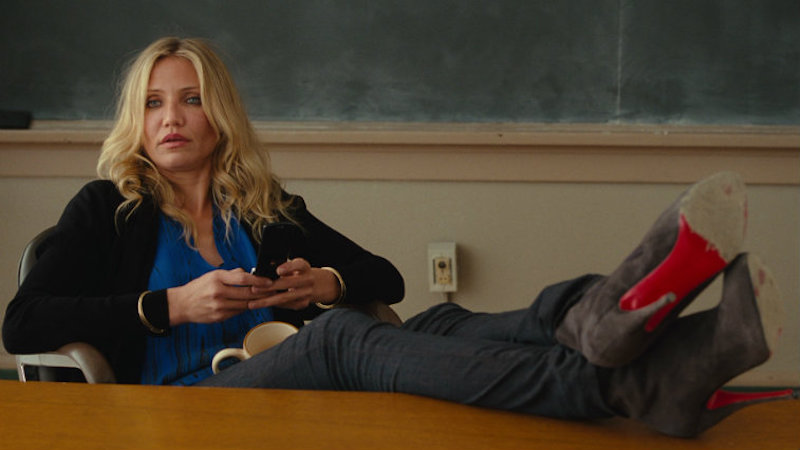Maybe it’s just me (a snarky high school teacher), but I’ve found that teachers in trainings and meetings, especially ones they didn’t sign up for, tend to act like the kid in the back of the classroom who refuses to work and spends a lot of time muttering under their breath. During a training this summer, as I sat in the back texting a colleague and generally being the kind of student that frustrates me, I realized I was the student that teachers struggle to teach. And I wondered, why am I being that way? Why was I, a teacher, being “that” kid?
Here’s what I came up with: Teachers don’t make great students. Here’s why—in my students’ own words.
1. “Are you trying to trick me?”
“I know what you are doing!” I cackle as the presenter begins to pull a trick I pull on my students. As teachers, we do all kinds of things to get students to pay attention, to work, to engage, and to be excited. We know the tricks because we use them. And because we know them, we know when they are being used on us. And we don’t appreciate it. Don’t use our tricks on us!
2. “This is dumb!”
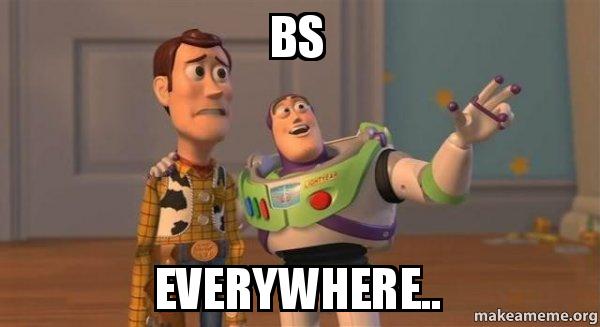
As teachers, we spend our days reading between the lines and recognizing when students aren’t being honest or sincere. So if a presenter is trying to sell us something (a plan, an idea, a book, etc.), we can tell. And if they don’t really buy into it, we can tell. And if they do buy into it but clearly haven’t used it in a classroom, we can tell. Since most presentations fall into at least one of these categories, our BS alarms go off a lot, and it’s hard to take someone seriously with your BS alarm ringing in your ear.
[contextly_auto_sidebar]
3. “Can I do something for another class?”
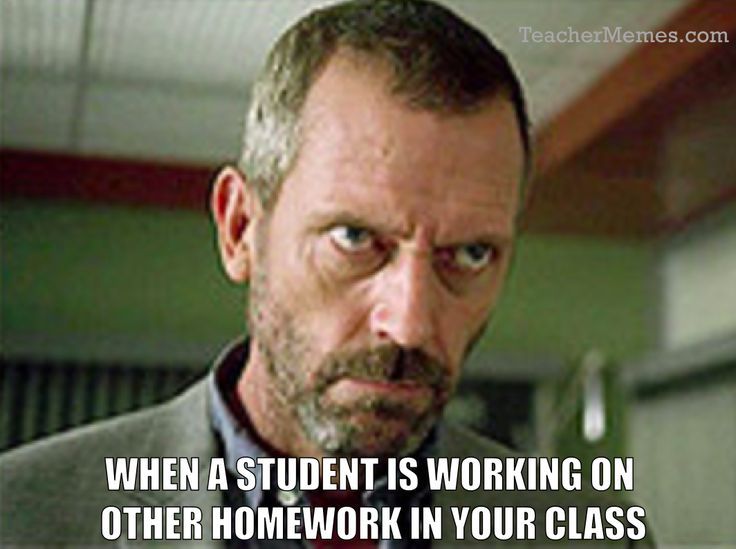
Especially during the school year, teachers have a gazillion things to do on any given day. Most of them feel more important than a training we do not want to attend. So, like our kids, we do work for other classes. Or we shop on Amazon. Or write an article about why teachers make terrible students …
4. “I know this already … “
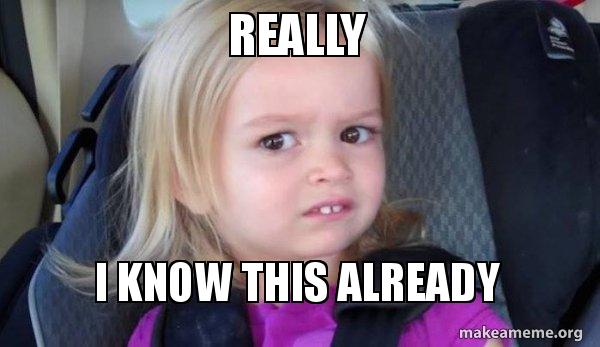
Much of the material covered in these trainings is not new. Either we are already doing it, we have decided that we don’t have time to implement it yet, or we know it won’t be effective for our specific classroom. If we know the material already, we zone out, like our kids do.
5. “Are we doing anything fun today?”
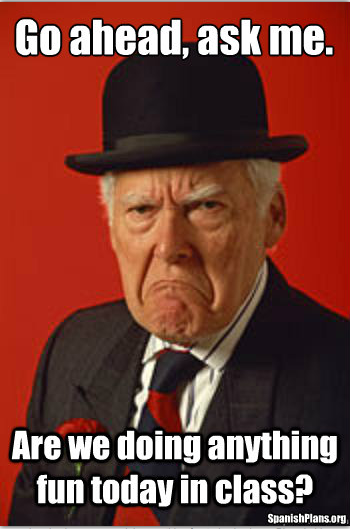
Most meetings are people talking at us with a slideshow in the background. Being talked at is hard for anyone and often feels like nothing is being accomplished. We get bored.
6. “Don’t treat me like a little kid.”
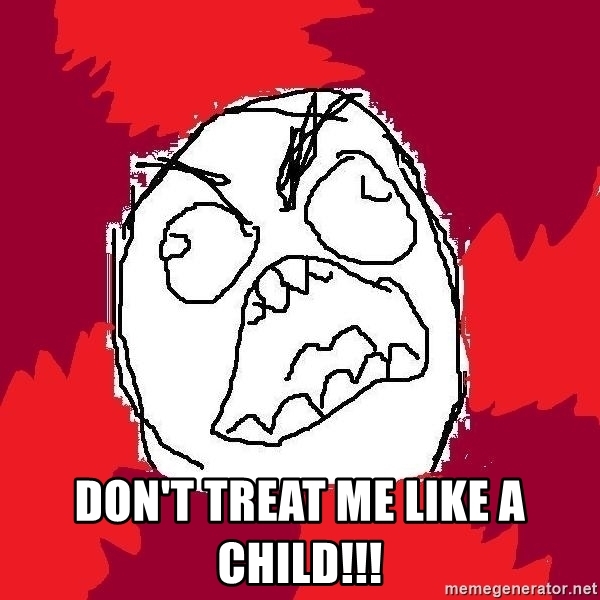
We are adults who teach kids. Activities that work with kids or teens feel condescending to adults. Often, I find myself thinking “I’m a grown-a** adult!” in these meetings. Being treated like our kids makes us act like our kids.
7. “When am I going to use this?”
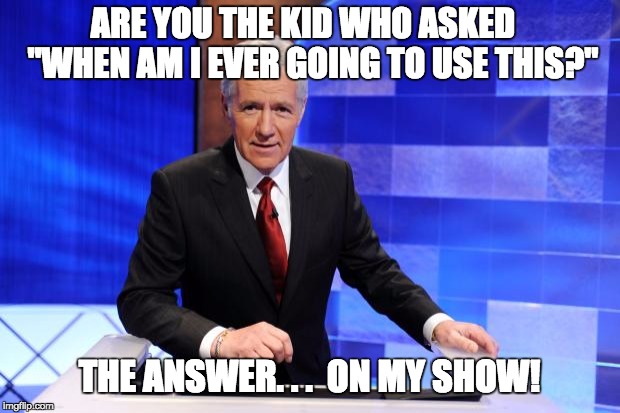
Education theory is nice, but we need things we can implement in the classroom quickly and without needing tons of prep. If we are being handed things that we can’t use or that will take massive amounts of work to implement, we zone out.
8. “Can we choose our groups?”
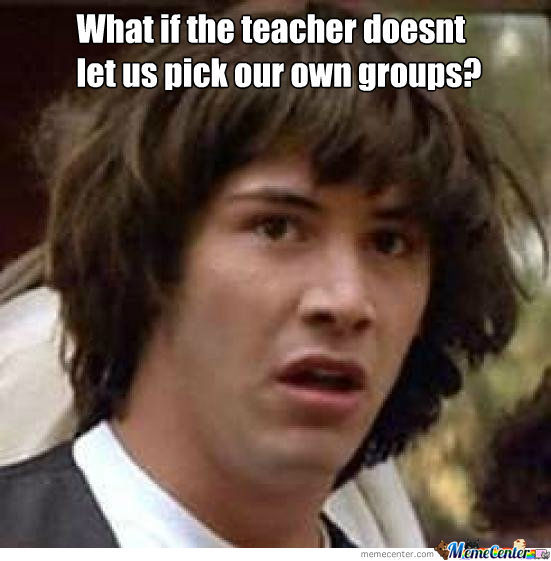
We want to talk to our colleagues, especially if we don’t get much of a chance to collaborate. Splitting us up and insisting that we only talk to people we don’t know ignores our need to collaborate. We are adults. We don’t need seating charts.
I fully admit to getting annoyed at being pulled out of my classroom and know that that annoyance impacts how I feel about the meetings I have to attend. But in conversations with my colleagues, we all seem to notice that teachers make crappy students. Maybe those of you who are the kid in the front row with their hand raised could help the rest of us figure out how to do it?
What’s your thought? Do teachers make the worst students? Come and share in our WeAreTeachers HELPLINE group on Facebook.
Plus, every type of teacher at a faculty meeting.

